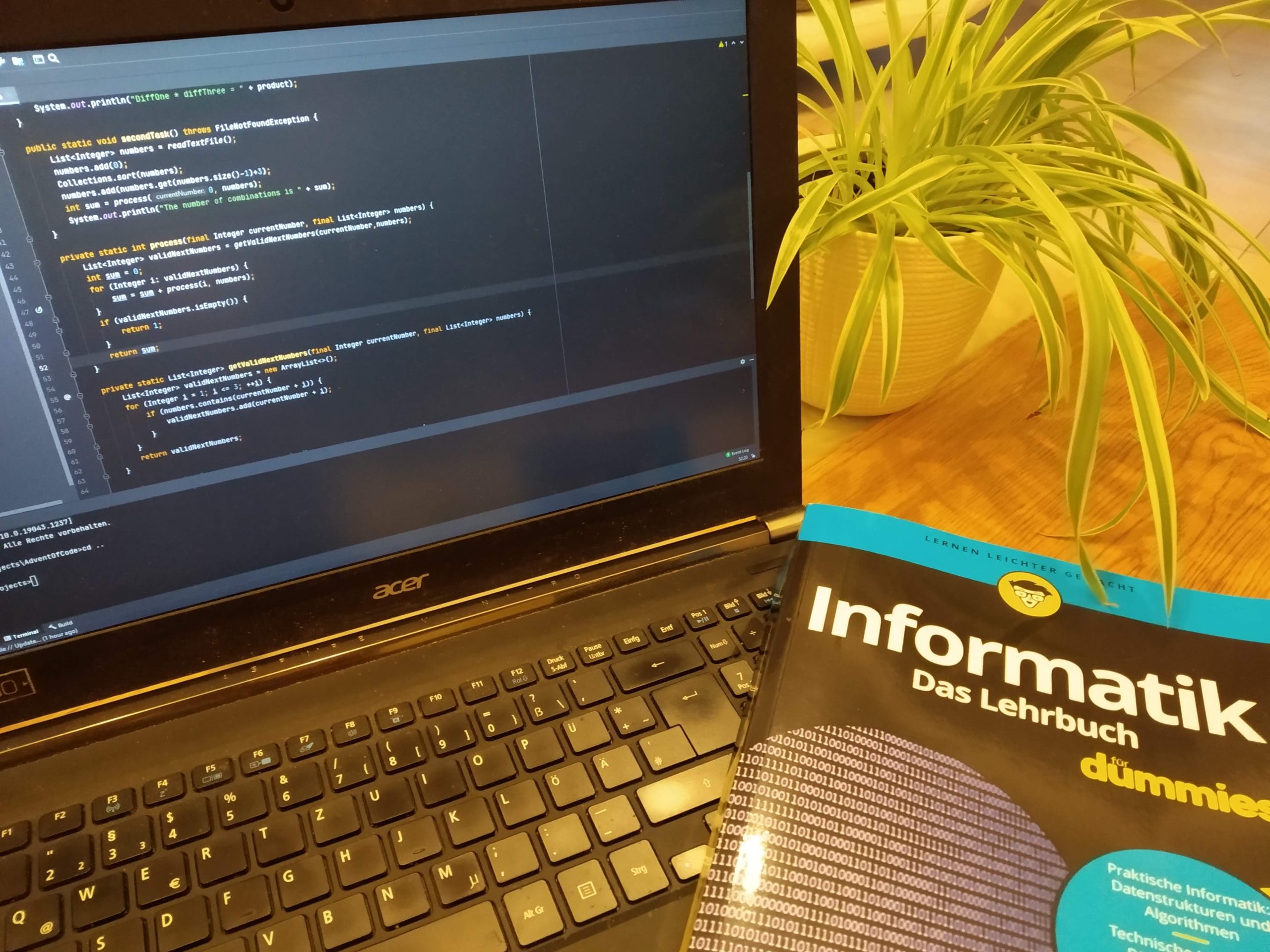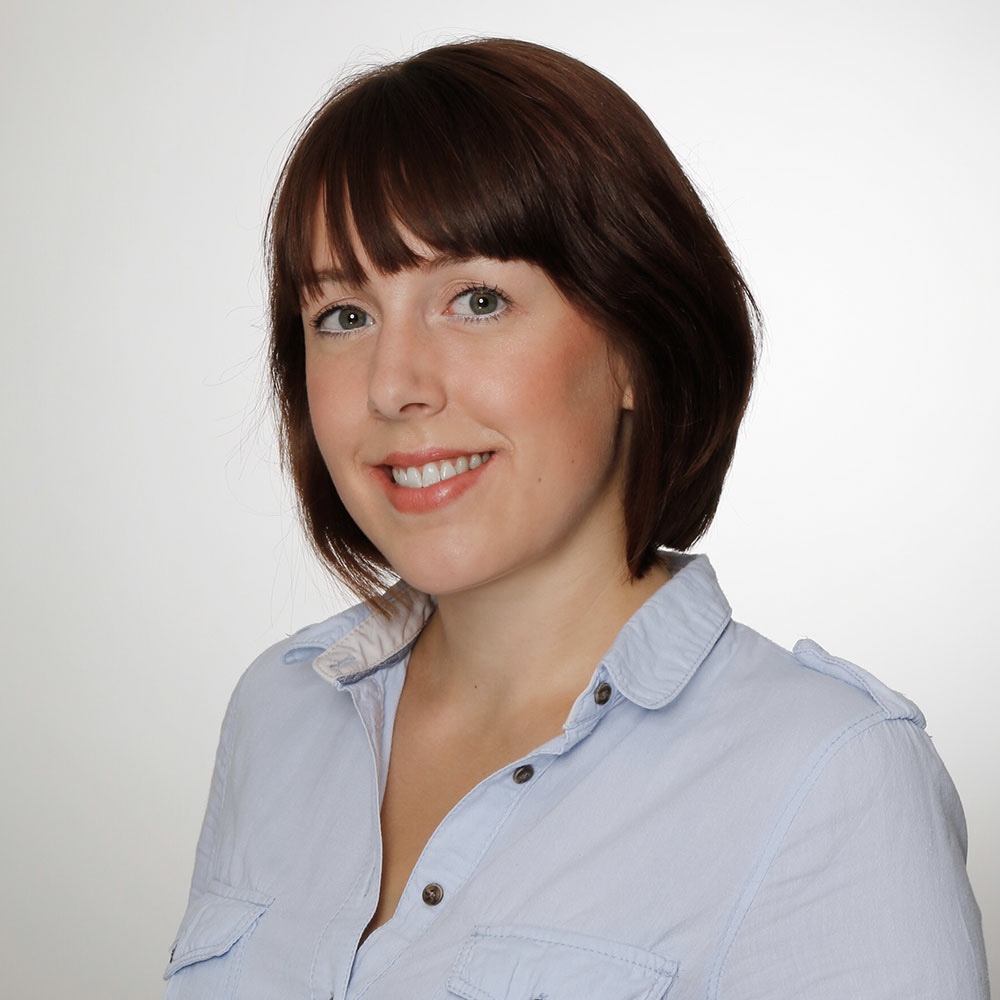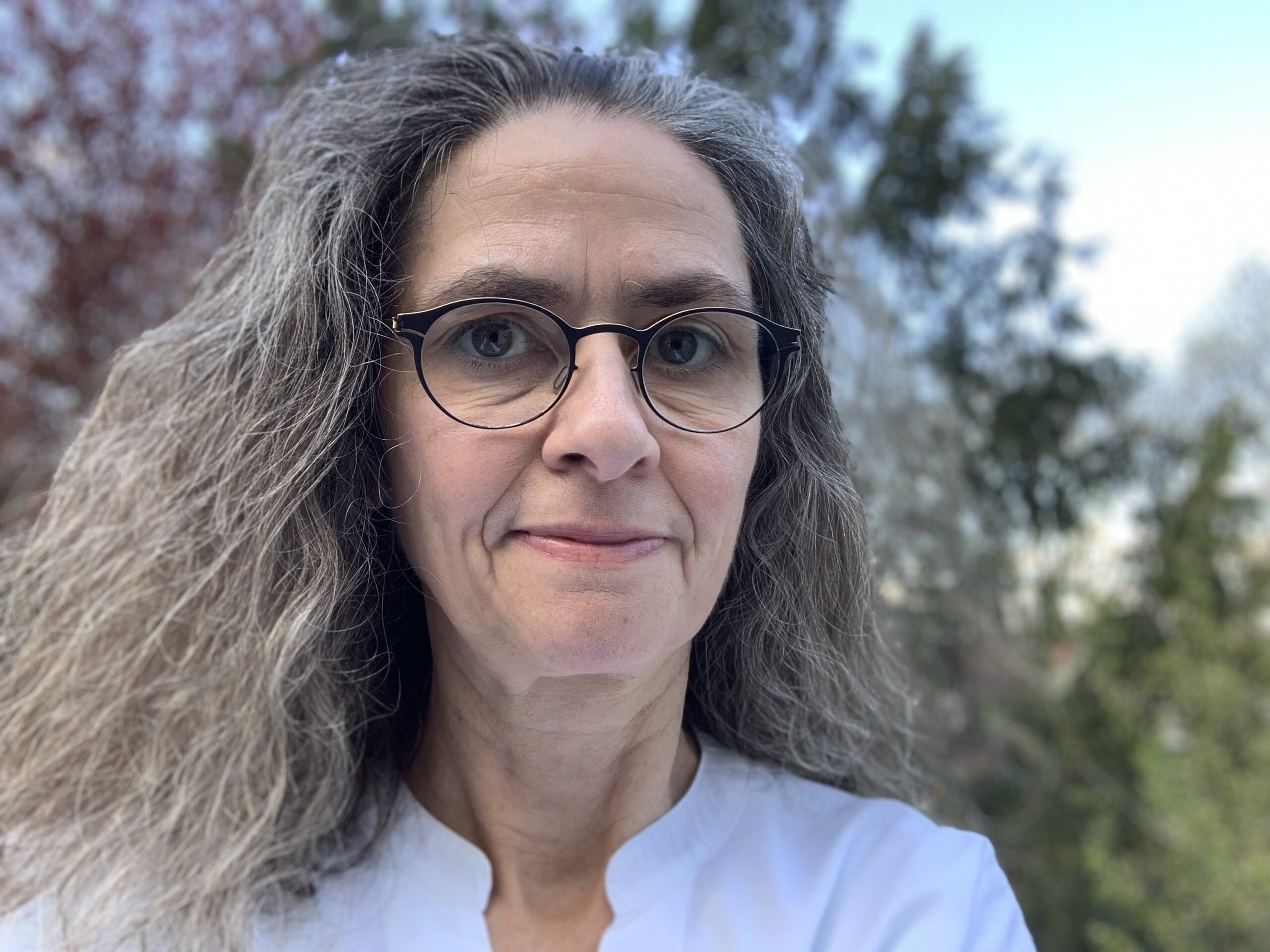Born in Martina Franca (Taranto) in Puglia, Italy • Birth year 1990 • Studied Mathematics at University of Bari, Italy (Bachelor) and University of Ferrara, Italy (Master) • Highest Degree Master in Mathematics • Lives in Ferrara, Italy • Occupation Software Engineer
My love for maths started when I was a child in primary school. My teacher at that time, who was also the only teacher for all the subjects, instilled in me the passion for numbers. I remember that my mom was angry at me because I always started with maths exercises even if the deadline was for the week after and I didn’t have maths class for days.
I was still very passionate about maths during secondary school and high school until I needed to make a decision about my future. What do you want to be when you grow up?
I decided to apply for the placement test in Physiotherapy and while I was waiting for the test results, I started to take part in maths classes at university just out of curiosity. It was incredible how abstract maths was, sometimes it was hard to understand what professors tried to explain to me! When I received the positive result of the Physiotherapy test, I decided without thinking twice to continue mathematical studies instead!
In my life, still nowadays, I like to challenge myself with difficult projects and new objectives.
In my life, still nowadays, I like to challenge myself with difficult projects and new objectives. I continued studying maths, even though I was disheartened at times because maths was really hard and I sometimes thought about dropping out. My perseverance allowed me to finish the first three years of studies at the University of Bari with a Bachelor’s degree, and then I decided to move to Ferrara, where I did a Master’s degree in mathematics in two years.
For my master thesis, I did a project with high school students on spherical geometry and compared it to the euclidean geometry typically taught in school. At the end of my Master’s, I decided to take part in a university project, where professors helped students to get in touch with companies, start-ups and projects to easily find a job offer. Students were able to apply for job positions, even if their studies were not aligned with the job offer. That’s what I did. In this way, I had the opportunity to get to know the company where I first came into contact with automation and software engineering.
It was really incredible how the logical and deductive reasoning learned through my mathematical studies allowed me to pass that test and help me in my future career.
The aspect that caught my attention was that you could develop the software, test it on the specific machine it is designed for during the commissioning phase in the factory, and then travel to the customers’ company for installation, thus being part of the entire development and installation process. I applied for the job, sent my CV and took a logic test. It was an engineering application and some of those problems involved motors, servos, chains and belts. I left them blank and solved only what I was able to do with maths problem solving skills. It was really incredible how the logical and deductive reasoning learned through my mathematical studies allowed me to pass that test and help me in my future career.
I got the job and started training as a software engineer in that company , working in industrial automation for packaging machines. For this job I travelled all across the world: USA, Thailand, Germany, Poland, Belgium, France, Ireland, Italy, etc., sometimes for entire months, spending about 30% of the year in other countries. I’m a foreigner in each place I visited, but I’m a flexible person, so I was quite fast to adapt myself to the different ways of life.
Today I feel strong and I move on without giving importance to these kinds of things, demonstrating with results that the work is not gender-specific.
It’s not easy working in a field where 98% of the co-workers are male, because it’s a common belief that there are men’s jobs and women’s jobs. When I started my job I tried to learn something new every day as everything was new for me, and I tried to show everyone that I was capable and smart to do this job. Sometimes it happens that someone uses some comments to discriminate against women working in this field. At the beginning of my professional career, hearing these comments certainly made me feel deprived and desolated. Today I feel strong and I move on without giving importance to these kinds of things, demonstrating with results that the work is not gender-specific.
If I could tell my 20-year old self something, I would say to not regret any decisions you made even if the first three years at University have been the worst period in your life, because with curiosity, strength, tenacity and patience you will reach your goals. I would also say to go home often and hug your parents, because you will have vacations and job trips all over the world, but there’s no place as comfortable and full of love as home.
Published on March 30, 2022.







Recent Comments